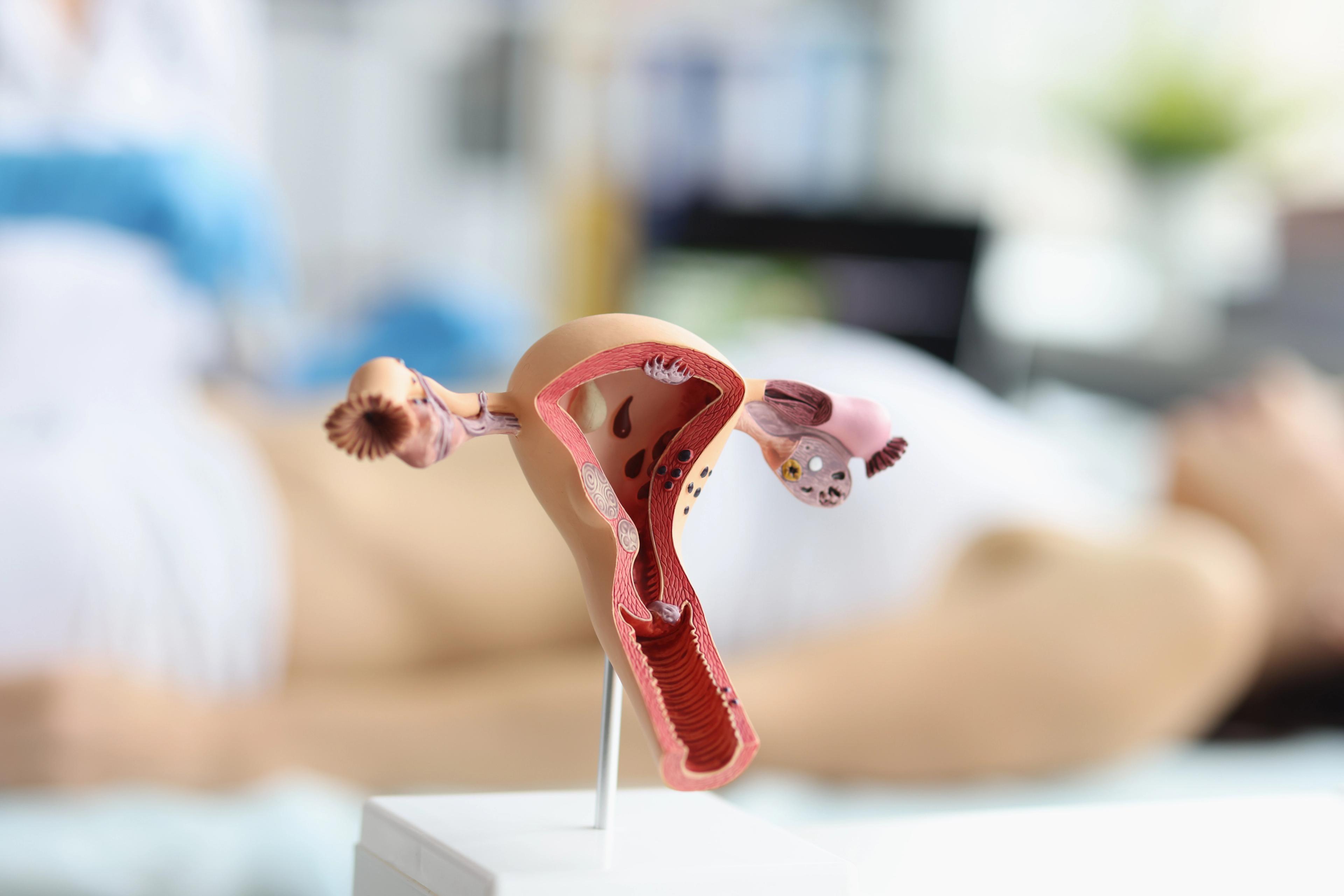AI Supercomputing Powers Clinical Research to Transform Women’s Health

Danish Centre for AI Innovation (DCAI) is working with Hvidovre Hospital and the Technical University Hospital of Greater Copenhagen (TUH) to accelerate research in women’s health using Denmark’s AI supercomputer, Gefion.
For many women, natural biology dynamics such as menstrual cycle, pregnancy, and menopause are strongly linked with serious complications and health issues. Yet we still lack effective ways of predicting, preventing, diagnosing, and treating most of these complications.
Women’s health is under-researched
“For decades, women were excluded from clinical trials, and much of what we know about biology and medicine is based on men and male mice models” says Professor Henriette Svarre Nielsen, chief physician at the department of Obstetrics and Gynecology at Hvidovre Hospital and Chair Professor in Obstetric and Gynecology at the University of Copenhagen. She continues:
“This means that in 2025, we still lack fundamental knowledge about the female body’s functions and responses to treatment—but this is what we’re now changing with the help of Gefion.”
Every year, thousands of women pass through Denmark’s largest gynecological and obstetric department at Hvidovre Hospital. The department is also home to a large interdisciplinary team of researchers. To the researchers’ initial surprise, most patients not only actively consent to having their data used in research—they are so eager to participate in projects aimed at understanding women’s health that the department now has a waiting list of women who would like to join. This creates a unique situation.
“We’re sitting on one of the largest and most unique women’s health datasets in the world—and now, with the compute power of Gefion, we’re ready to fully unlock its potential,” says Associate Professor David Westergaard, DTU and Head of Data Science at department of obstetrics and gynecology at Hvidovre Hospital.
With access to Gefion’s AI capabilities, the researchers can perform large-scale analysis of multimodal data such as imaging, clinical records, genomics, proteomics, and biobank samples collected over decades. This includes projects studying the menstrual cycle, microbiome changes, infertility, pregnancy complications, endometriosis, and adenomyosis—conditions that affect tens of millions of women worldwide but are still poorly understood.
Making advanced AI infrastructure available to researchers tackling complex health challenges is a key part of DCAI’s purpose.
“We’re proud to support this brilliant team in their mission to close the knowledge gap in women’s health and turn groundbreaking science into real-world impact for millions.” says Nadia Carlsten, CEO of DCAI and continues “Gefion is designed to handle demanding AI workloads but it’s also built with data sovereignty at its core, ensuring that users have full control over their data and can store, process, and use it securely in compliance with Danish legislation.”
“Women's health is an incredibly complex research field because it's so dynamic. We're dealing with constantly shifting hormonal states and physiological changes that most medical research has either ignored or treated as noise to filter out, rather than fundamental biology to understand,” explains Westergaard, and continues:
“Gefion allows us to move from analyzing individual datasets to integrating them in new ways—running sophisticated models that would otherwise take days or weeks in just minutes.”
This can facilitate breakthroughs in many areas. One very promising area is linking clinical symptoms to molecular markers. The idea is to enable simple blood tests to assess a woman's risk for conditions such as adenomyosis or endometriosis—which could be done anywhere in Denmark. Today, diagnosing these conditions often takes years and requires specialized imaging that's only available at expert centers.
Karina Banasik, Associate Professor at DTU and Head of Basic Science at department of obstetrics and gynecology, Hvidovre Hospital, adds:
“Working together in this hospital-based research environment creates a synergy where clinical insights meet data-driven discovery. That way, we gain a new understanding of the biological mechanisms at play—how the underlying biology works—and thereby how we can better prevent, diagnose, and treat various conditions in the future.”
The research is supported by Ole Kirks Foundation, A.P. Møller Fonden, BioInnovation Institute and the Novo Nordisk Foundation.
Facts about
Technical University Hospital of Greater Copenhagen (TUH)
A partnership between DTU and hospitals in Region Hovedstaden, TUH connects health and technical sciences to foster interdisciplinary innovation.
Department of obstetrics and gynecology, Hvidovre Hospital
Denmark’s largest gynecological and obstetric clinic and a unique, diverse patient population, the department leads pioneering research in women’s health.